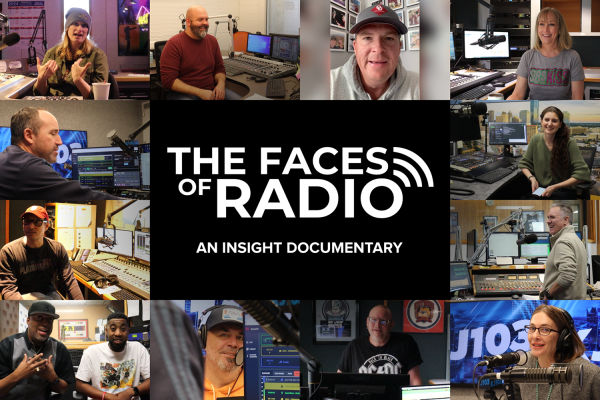The experience recovering from an eating disorder
Eating disorders affect 9% of the population and 28-74% of eating disorders are inherited genetically according to anad.org.
Trigger Warning: This article mentions eating disorders
The Insight uses Moe Rivers to protect the identity and privacy of anonymous sources. The pseudonym is generic and does not imply the same individual with repeated use.
Moe River is part of a constantly moving military family and has lived in Yukon since Dec. 23, 2020. River is in recovery from anorexia and bulimia which they were diagnosed with a year ago.
“I like moving around because you’re able to start over and get a new sense of a different culture and you’re able to broaden your horizons,” River said.
River was born in Mountain Home, Idaho and moved to Oklahoma City where they lived for four years. They then moved to Virginia where they lived for five years and then moved to Japan where they lived there for four years on an American government base. They moved to Germany for a year and a half before returning to the United States where they have now lived for a year.
“It normally takes about a year to fully adjust to a new place because you’re setting up your house, making friends and getting into a new school,” River said.
Anorexia is when someone restricts their eating because they’re scared of either gaining weight or not being good enough. They starve themselves to the point where they’re malnourished. Bulimia is where they binge and then throw it all up as a way to try to compensate and make up for it.
“My biggest supporter was either my independent therapist or one of the girls that was in the facility with me,” River said.
River’s eating disorder first started when they were six years old. After being diagnosed with anorexia and bulimia, River attended the Eating Recovery Center in Chicago where they were in residential treatment for three weeks. They were required to stay inside the building at all times as care providers monitored their food intake.
“I wanted to leave all of it behind. I got out really fast because I was determined to get out but I was not determined to actually work on what I needed to do to get better,” River said. “I honestly wish that I had taken better advantage of being there.”
River was released into a Partial Hospitalization Program for two weeks. PHP required River to eat all of her meals in the facility, but they were allowed to return home to her family at night.
“One saying that really helped me in treatment was recovery isn’t linear, you always mess up,” River said. “You can do really good one day and really bad the next but over time you can get better and it will become easier. You’ll still have those thoughts and desires to engage in those behaviors but it’s all a process.”
River’s focus is to stay healthy by spending time with her family and friends. They continue to persevere through her tough days.
“Recovery is a hard, long process, but it’s always worth it in the end,” River said.

Cateyn McCarthey is a Yukon High School Sophomore. She is a second year staff member and previously did Broadcasting in middle school. She is a cross country...







![Wearing the Catrina face makeup since she was little, junior Itzel Lopez Romero uses the style as a way to keep her familys tradition alive. I feel like I copy a lot of the old style but in a newer version, Lopez Romero said, I think of my grandma, looking back at pictures like how she used to do her makeup, really inspired me on how to bring back that tradition we used to have [in Mexico], here in the United States.](https://yhsinsight.com/wp-content/uploads/2024/03/aaaaa1-600x450.jpg)


